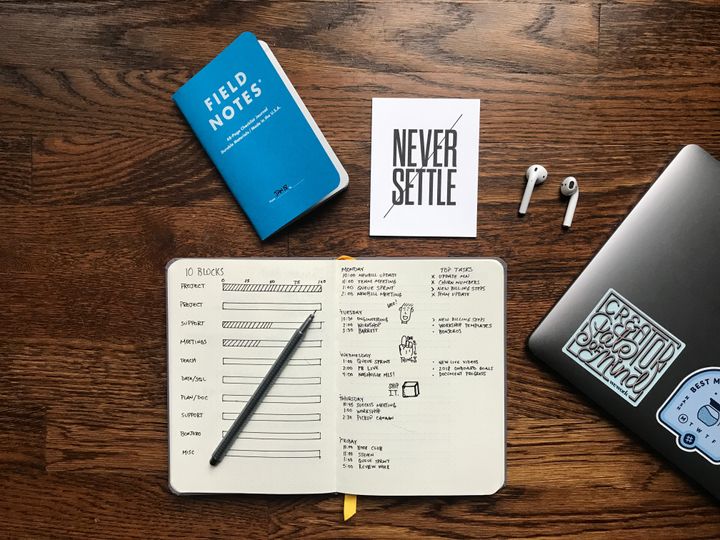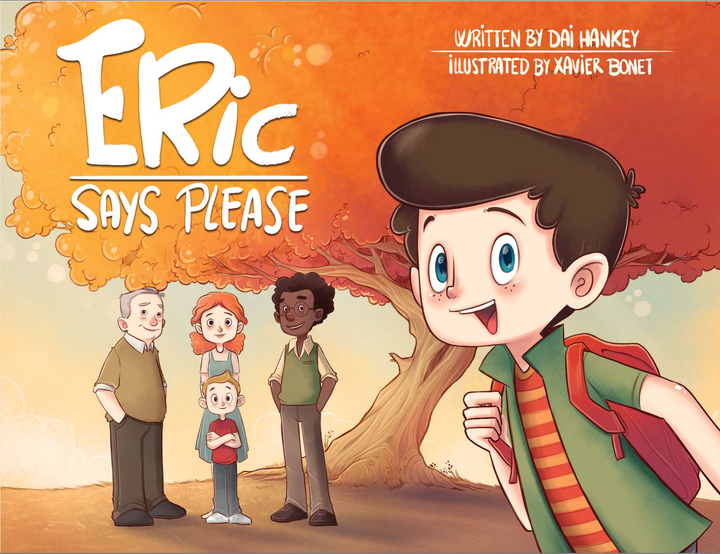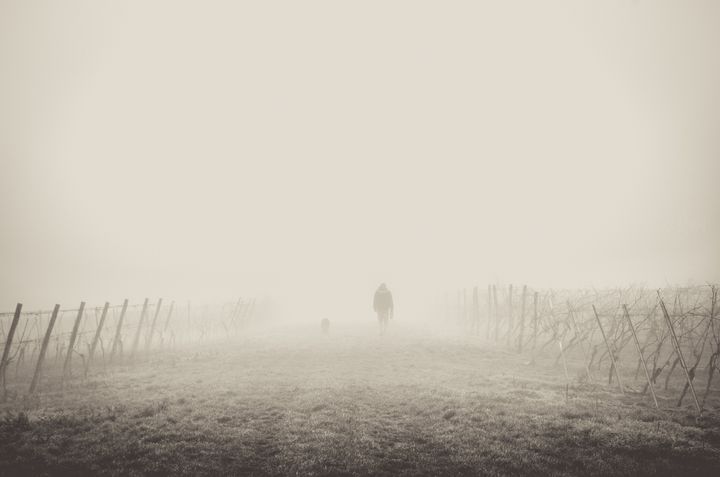
Christian life


Why Resurrection is for Life, Not Just for Easter

Brought Down To Earth: Ash Wednesday & Strategies for Remembering Our Mortality

Eric Says Please by Dai Hankey – A Review

Good News People: A Six-Session Workbook Exploring How The Gospel Shapes Our Everyday
